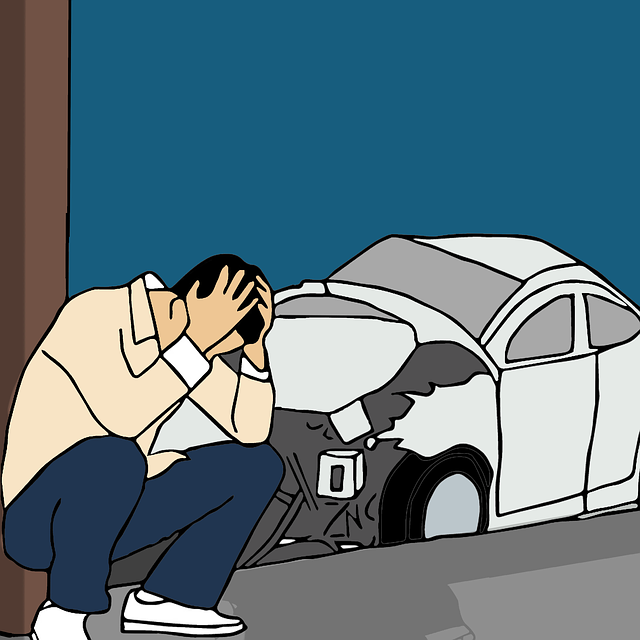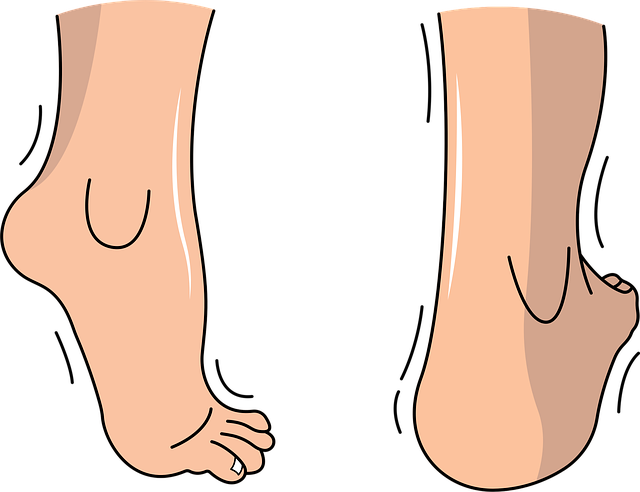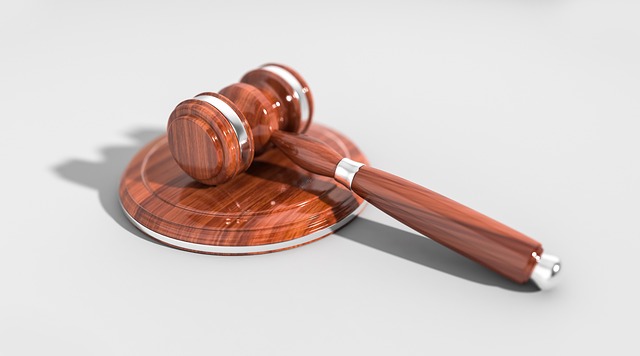Accurate accident injury documentation is essential for legal cases, especially car accidents and insurance disputes. It involves recording medical records, witness testimonies, and financial harm evidence to support robust legal arguments. Timely and detailed documentation streamlines interactions with insurers and opposing attorneys, ensuring better settlements and outcomes for clients. Critical in personal injury claims, this process strengthens legal strategies and enhances case credibility in court.
In the intricate dance of personal injury litigation, timely and accurate documentation stands as a steadfast ally. Accurate documentation captures the essence of legal cases, while timely recording ensures the preservation of crucial evidence and details. When injury facts align with meticulously kept records, it enhances credibility and solidifies claims. This strategic approach to accident injury documentation significantly boosts legal outcomes, underscoring its vital role in navigating complex legal landscapes.
- Accurate Documentation: The Cornerstone of Legal Cases
- Timely Recording: Preserving Vital Evidence and Details
- Enhanced Credibility: When Injury Facts Align with Records
Accurate Documentation: The Cornerstone of Legal Cases

Accurate documentation plays a pivotal role in shaping the outcome of legal cases related to accident injury. When it comes to car accident settlement or navigating insurance coverage disputes, every detail matters. Legal professionals rely on thorough and precise records to build compelling arguments and advocate for their clients’ rights.
Proper accident injury documentation ensures that all pertinent information is captured, including medical reports, witness statements, and evidence of financial losses. This comprehensive approach not only strengthens the case but also facilitates smoother interactions with insurance companies and opposing legal teams. An auto accident lawyer will attest to the importance of these records in achieving favorable outcomes for their clients.
Timely Recording: Preserving Vital Evidence and Details

In the event of an accident or injury, timely documentation is paramount to preserving vital evidence and details that can significantly impact legal outcomes. The immediate recording of events, injuries sustained, and relevant information creates a comprehensive record, which serves as irrefutable proof in subsequent legal proceedings. This includes capturing detailed descriptions of the incident, witness statements, and photographs of the scene and any physical evidence, ensuring every aspect of the case is accurately represented.
Accurate and prompt documentation plays a pivotal role in personal injury cases, especially when dealing with complex matters such as defective products or negligence claims. A well-documented record allows a qualified personal injury lawyer to construct a robust legal strategy, enabling them to advocate effectively on behalf of their client. This process ensures that clients receive the legal representation they deserve, leading to more favorable outcomes and just compensation for their injuries.
Enhanced Credibility: When Injury Facts Align with Records

Injury documentation plays a pivotal role in shaping the credibility and strength of legal cases, especially when it comes to personal injury claims. When detailed records accurately reflect the events surrounding an accident injury, they serve as powerful evidence that can significantly boost legal outcomes. In court, where the truth often hinges on subtle nuances, well-documented facts hold immense weight.
In the context of a car accident lawyer Miami or complex cases like caregiver abuse or wrongful death settlements, consistent and comprehensive documentation is invaluable. If the injury facts documented during the initial stages align with the legal arguments presented, it strengthens the case’s credibility. This alignment of records and reality can lead to more favorable outcomes, as judges and juries are more likely to accept and believe in the validity of a claim supported by solid evidence.
Accurate and timely injury documentation is not just a best practice; it’s an essential cornerstone for legal cases. By meticulously recording details, preserving evidence, and aligning facts with credibility, legal outcomes significantly improve. Effective accident injury documentation ensures that victims’ stories are told accurately, enhancing their chances of achieving justice and fair compensation.






